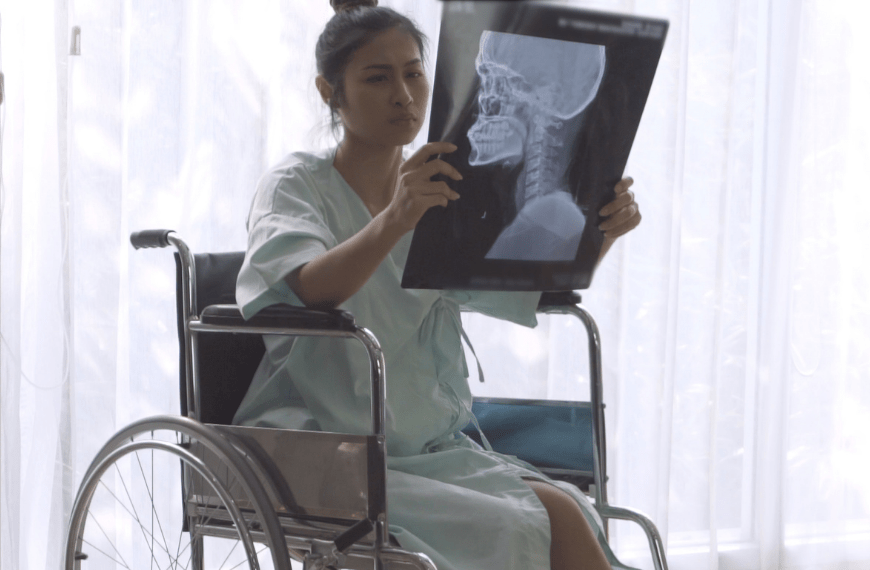In 1987, President Ronald Regan declared March as National Disabilities Awareness Month. Brain injuries, often referred to as TBIs, are among the many challenges people explore during this month. One of the distinct struggles for families who have a loved one with TBI is caring for their ongoing safety, which is where a compassionate home health service like those offered at Caring Family Health comes into play. The extent of TBI’s impact on life can be substantial.
Overview of National Brain Injury Awareness Month
Part of the goal of this event is to give people a chance to tell their stories, both good and bad. It creates a narrative where you can begin understanding what it’s like to walk in their shoes. Then, too, there’s the educational aspect. You can get involved in various ways including:
- Attending an event with information about Brain Injury. Knowledge is power. For example, did you know approximately 3.6 people sustain a brain injury every year in the United States alone?
- Advocacy: If you find yourself impassioned by what you learn, you can become a voice for people who may not be able to truly speak for themselves. Advocacy includes working cooperatively with lawmakers and activists, as well as professional caretakers.
- Start a fundraiser. There are a variety of ways to go about it, but the Brain Injury Association can point you in the right direction.
What is a TBI?
A Traumatic brain injury usually happens due to a blow to the head, say from falling or an automobile accident. Depending on the severity of the impact, people may:
- Lose their sight
- Experience migraines
- Have decreased cognitive
- Problem-solving abilities
- Shortened attention span
- Paralysis
- Sleep disorders
- Weakness
People who have to have brain surgery for any reason may also incur a TBI as a result. No one knows for sure if the changes will clear up or last for years. The brain tries to re-wire itself, but it takes time and patience.
Behavioral Issues
Someone with a brain injury may illustrate changes in the way they interact with the world. The transformation can be startling to a family trying to care for their loved one effectively. Some possibilities include:
- Loss of interest in hobbies and passions
- Struggles with social skills and filtering
- Lack of empathy
- Becoming ego-centric
- Emotional swings
- Irritability
- Aggression
By far, the most common behavioral change is depression. People with TBI often experience extreme bouts of depression and anxiety. Supporting them can be a struggle. Having a professional home health care worker can alleviate some of your worries and stress.
How We Can Help
Caring Family Health offers a variety of services, all of which can be tailored into a personalized wellness plan for your loved one including:
Just to name a few. Our trained professionals in Allentown, PA, and Feasterville, PA are on hand to take your call and answer questions about what we can do to help. You can email mail@caringfamilyhealth.com, telephone 844) 818-0039, or fill out our online contact form HERE.





